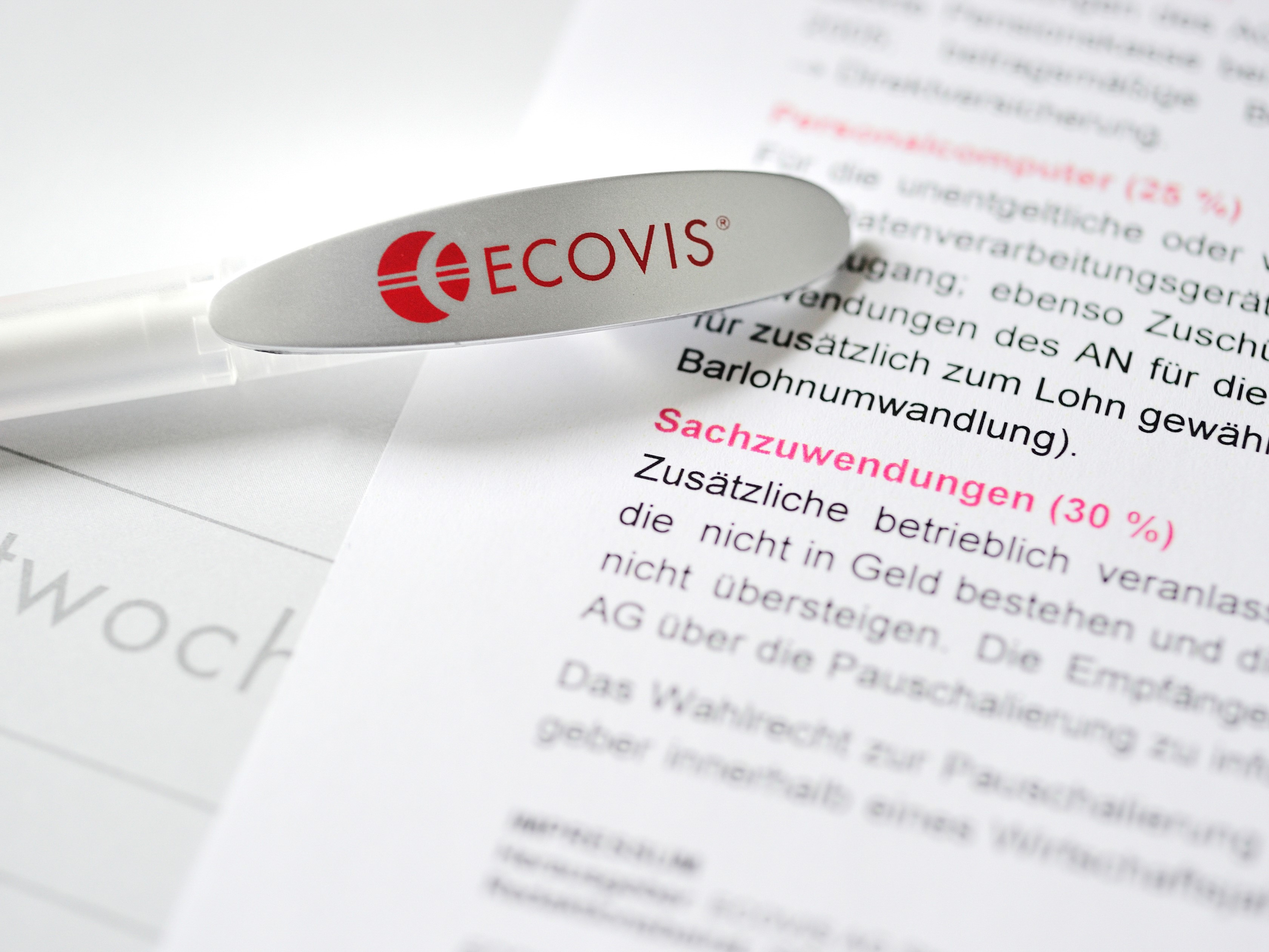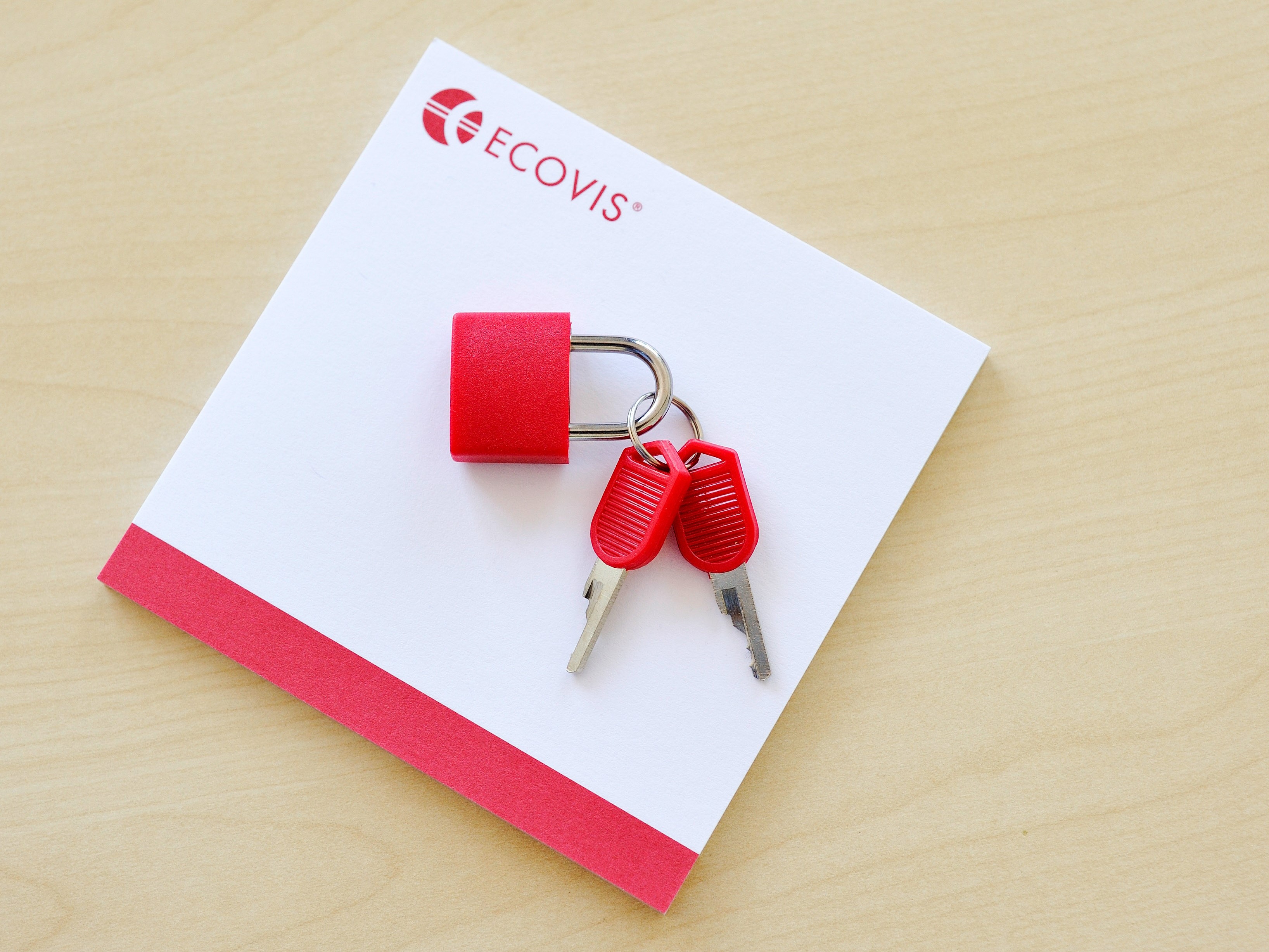Notice Period Following the 2025 Labor Code Amendment
The legal regulation of labor law changes from June 1, 2025, according to the amendment to the Labor Code, also known as the "flexi-amendment". The new version makes significant changes to the notice period. It addresses demands for greater labor market flexibility while preserving legal certainty and employee protection. These changes affect the length of the notice period, its commencement, and application conditions.
Commencement and End of the Notice Period Run
The new rules state that the notice period now begins to run from the day the notice is delivered. Previously, it started on the first day of the following calendar month. Section 51(1) states: "If notice has been given, the employment relationship shall terminate upon the expiry of the notice period. The notice period begins on the day the notice was delivered to the other party and ends on the day which corresponds in number to that day; if there is no such day in the final month, the end of the notice period falls on the last day of the month."
Reasons for the Change in the Commencement of the Notice Period
According to the explanatory memorandum, this change addresses the artificial extension of employment relationships. This extension happened based on when the employer gave notice. Under previous rules, the notice period began on the first day of the calendar month following delivery.
The time from notice delivery until employment termination effectively amounted to 2-3 months, despite the statutory two-month period. If either party delivered the notice after the last day of the month, an "artificial" extension occurred.
Problems with the Previous Regulation
This extension created problems when the employment relationship suffered fundamental disruption due to the notice. The old regulation also created employee inequality. The time from notice delivery to employment termination varied significantly under identical termination circumstances if delivery happened at different times of the month.
Starting the notice period from delivery day fixes the former Labor Code's shortcomings. The Labor Code applies this same solution for other work relationships, such as agreements on work performed outside employment [see Section 77(5)(b) of the Labor Code].
This concept eliminates artificial extensions and inequalities. The new rules specify that the notice period ends on the day that numerically matches the delivery day. If no such day exists in the given month, the notice period ends on the month's last day. Section 333 of the Labor Code doesn't apply in these cases.
Extension of Time Limits for Notice Given by the Employer
Subjective and Objective Time Limit
The employer must give notice within specific time limits when terminating an employee for breaching work duties. A subjective time limit starts when the employer learns about the termination reason. An objective time limit runs independently of the employer's knowledge of the breach.
The subjective limit protects employees from delayed employer reactions when they've known about misconduct for some time. The objective limit ensures the entire process concludes within a set timeframe. Both limits must be met simultaneously.
New Time Limits After the Amendment
The amendment extends these time limits in Section 58:
- The subjective time limit extends from two to three months.
- The objective time limit extends from one year to fifteen months.
The explanatory memorandum explains this change addresses practical needs. Employers often struggle to gather all findings and verify facts within just 2 months. This verification helps ensure a termination notice withstands judicial review.
Learning of an alleged duty breach doesn't necessarily confirm its occurrence. Employers might face vague suspicions requiring investigation time. The amendment therefore extends the subjective time limit by 50% and the objective time limit by 25%.
Length of the Notice Period
Basic Rules for the Length of the Notice Period
Section 51 requires the notice period to be the same for both employer and employee, lasting at least 2 months. Only a written agreement between both parties can extend this period.
The amendment adds in Section 51(2) the option to shorten the notice period to 1 month for terminations under Section 52(f), (g), and (h). These reasons relate to unsatisfactory work performance or serious breaches of work duties.
Justification for Shortening the Notice Period
The explanatory memorandum states employers shouldn't have to maintain relationships with problematic employees for two more months. Many cases involve such damaged trust that full employee involvement becomes impossible.
Problematic employees often take sick leave during the notice period. This creates costs for both employers and the state. Shortening the notice period helps balance this situation fairly.
The provision now reads: "The notice period is at least 2 months, except for notice given
- a) to an employee for a reason stated in Section 52(f) to (h), where the notice period is at least 1 month,
- b) to the employer according to Section 51a."
Contractual Agreements on the Notice Period
Parties can only extend the notice period through written agreement. They may agree to start the notice period on the first day of the following month, as under previous rules.
The notice period cannot begin before notice delivery. This means differently agreed start dates will never end employment earlier than the law allows.
Both the length and start of the notice period must apply equally to employee and employer. An exception exists for notices given under Section 52(f) to (h). This contractual freedom helps parties better address specific termination circumstances.
Exceptions to the Running of the Notice Period
Although Section 51 doesn't explicitly state this, exceptions from Sections 51a, 53, 54, and 63 still apply:
- Section 51a: Work obstacles during the notice period suspend it if the employee consents. Without consent, the notice period continues.
- Section 53: Employers cannot give notice during temporary sick leave, pregnancy, maternity or parental leave, or military exercises. Notices violating this rule become invalid.
- Section 54: The termination prohibition doesn't apply in cases listed in Section 54, particularly during employer dissolution or relocation, or for reasons in Section 52(g) and (h).
- Section 63: For collective redundancies, employment terminates no earlier than 30 days after the employer delivers a written report to the regional Labor Office branch per Section 62(5).
Conclusion
The flexi-amendment brings greater flexibility to employment termination. The notice period now runs from delivery day, eliminating unnecessary extensions. Meanwhile, employers get more time to respond to duty breaches.
The amendment balances employee protection with labor market flexibility. It clarifies the legal framework, increases predictability, and addresses employers' operational needs. This strengthens legal certainty for both parties and better adapts regulations to practical situations.
For more information, please do not hesitate to contact us at:
ECOVIS ježek, advokátní kancelář s.r.o.
Betlémské nám. 6
110 00 Praha 1
e-mail: mojmir.jezek@ecovislegal.cz
www.ecovislegal.cz
O ECOVIS ježek, advokátní kancelář s.r.o.
The Czech law firm ECOVIS ježek focuses its practice primarily on commercial law, real estate law, litigation, but also finance and banking law and provides full-service advice in all areas. This creates an alternative for clients of international law firms. The international dimension of the services provided is ensured through experience and cooperation with leading law firms in most European countries, the USA, and other jurisdictions. This cooperation occurs within the network ECOVIS, which operates in 75 countries worldwide. ECOVIS ježek team members have many years of experience from leading international law and tax firms. They provide legal advice to multinational corporations, large Czech companies, medium-sized companies, and individual clients. For more information please visit www.ecovislegal.cz.














